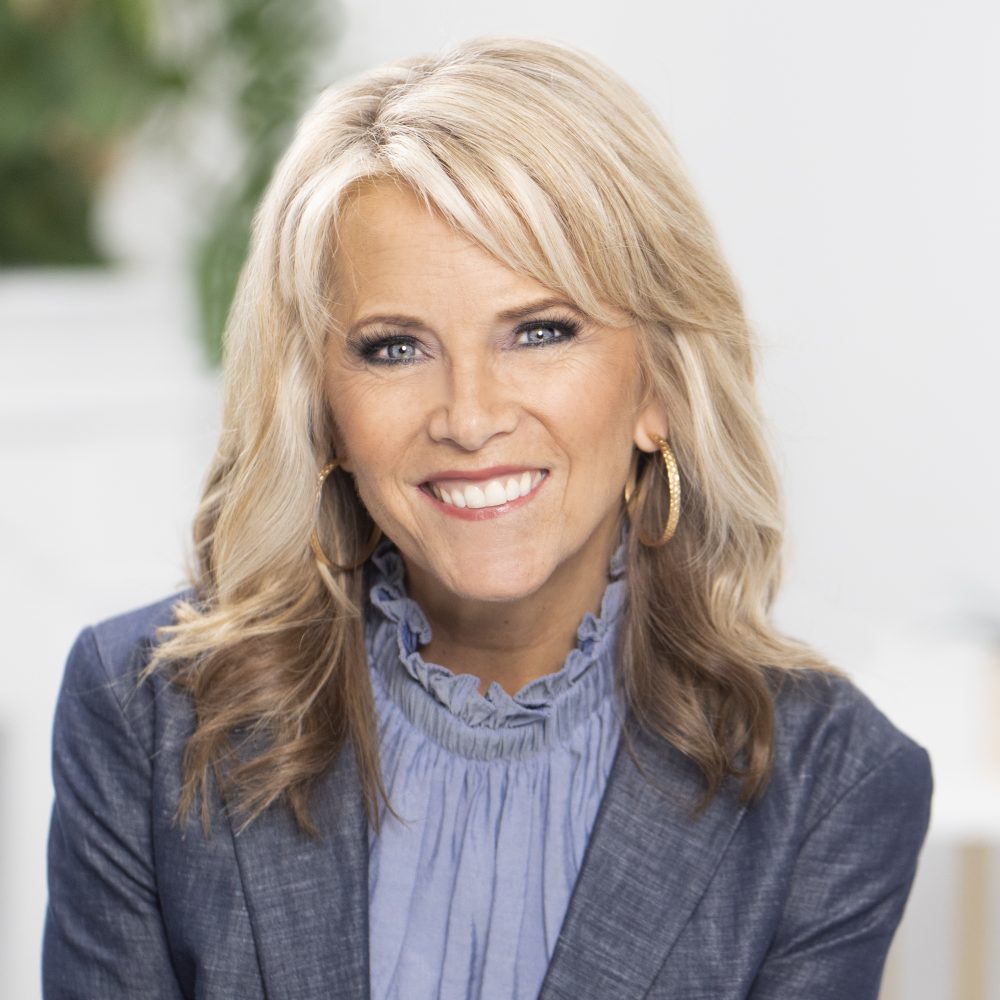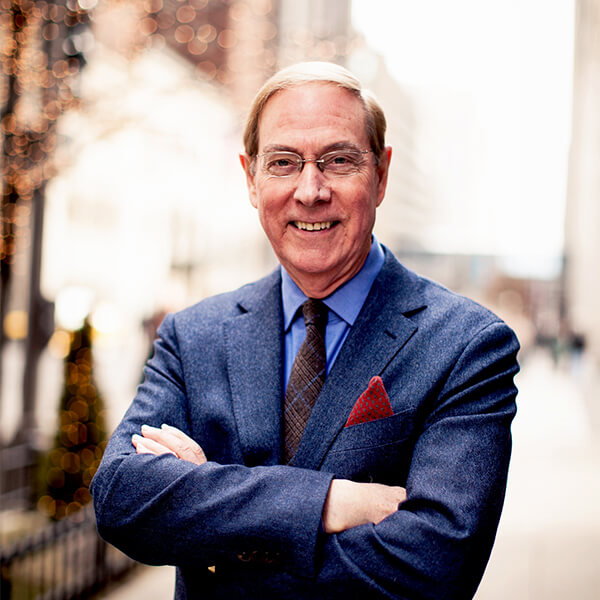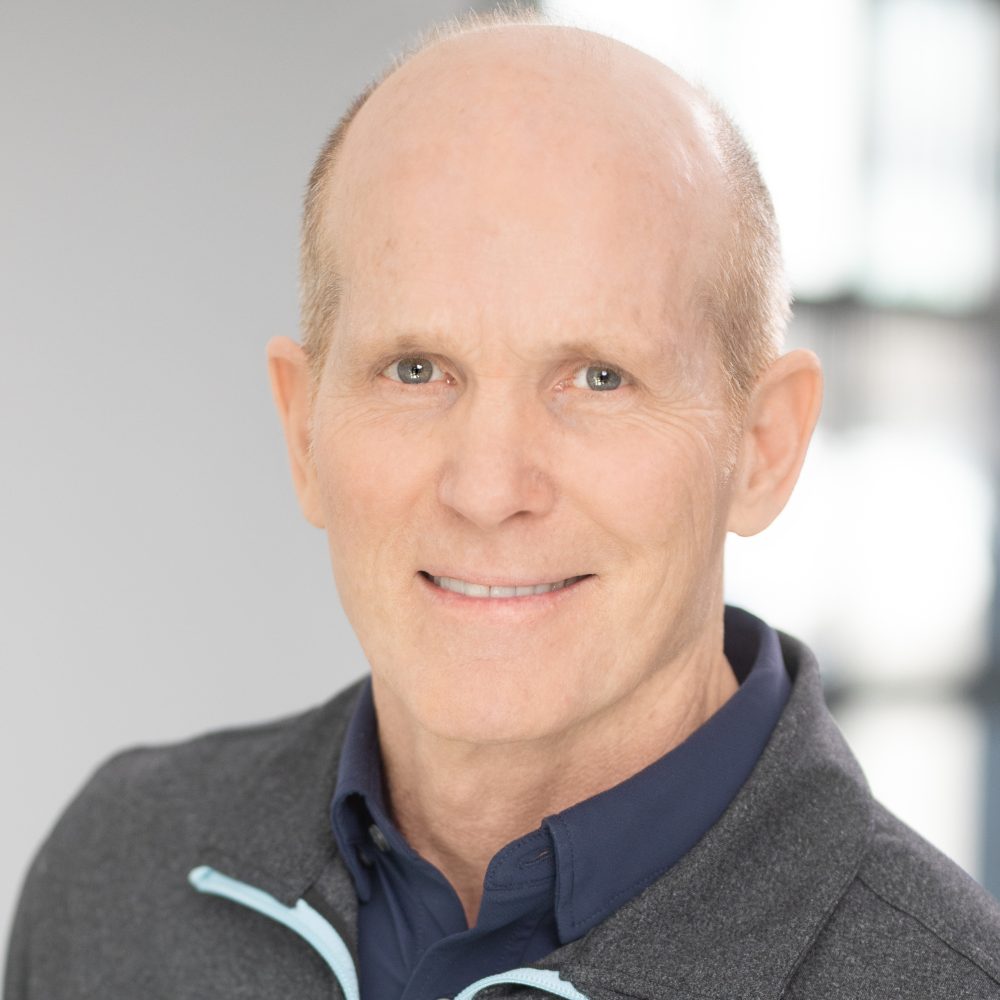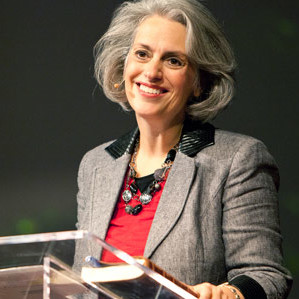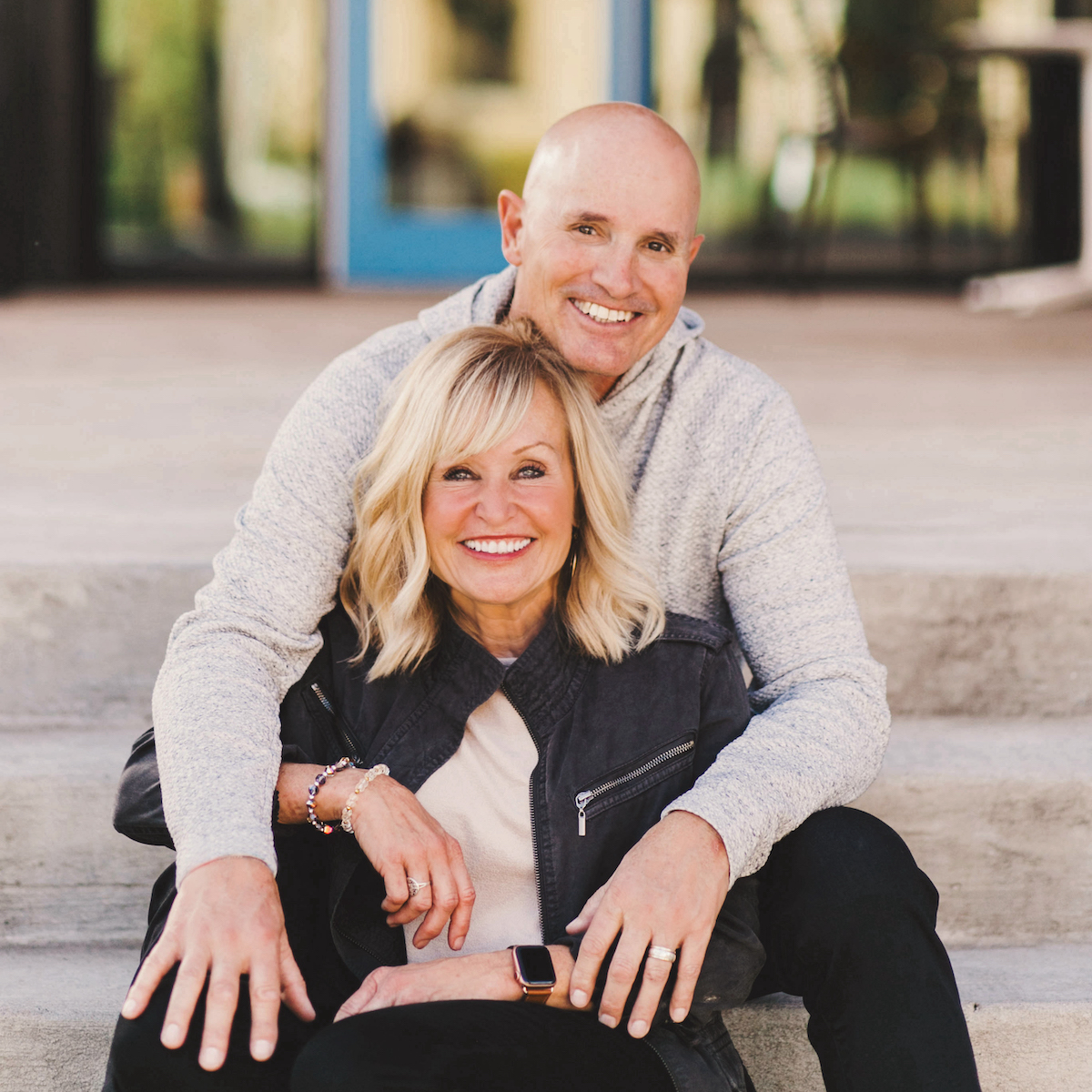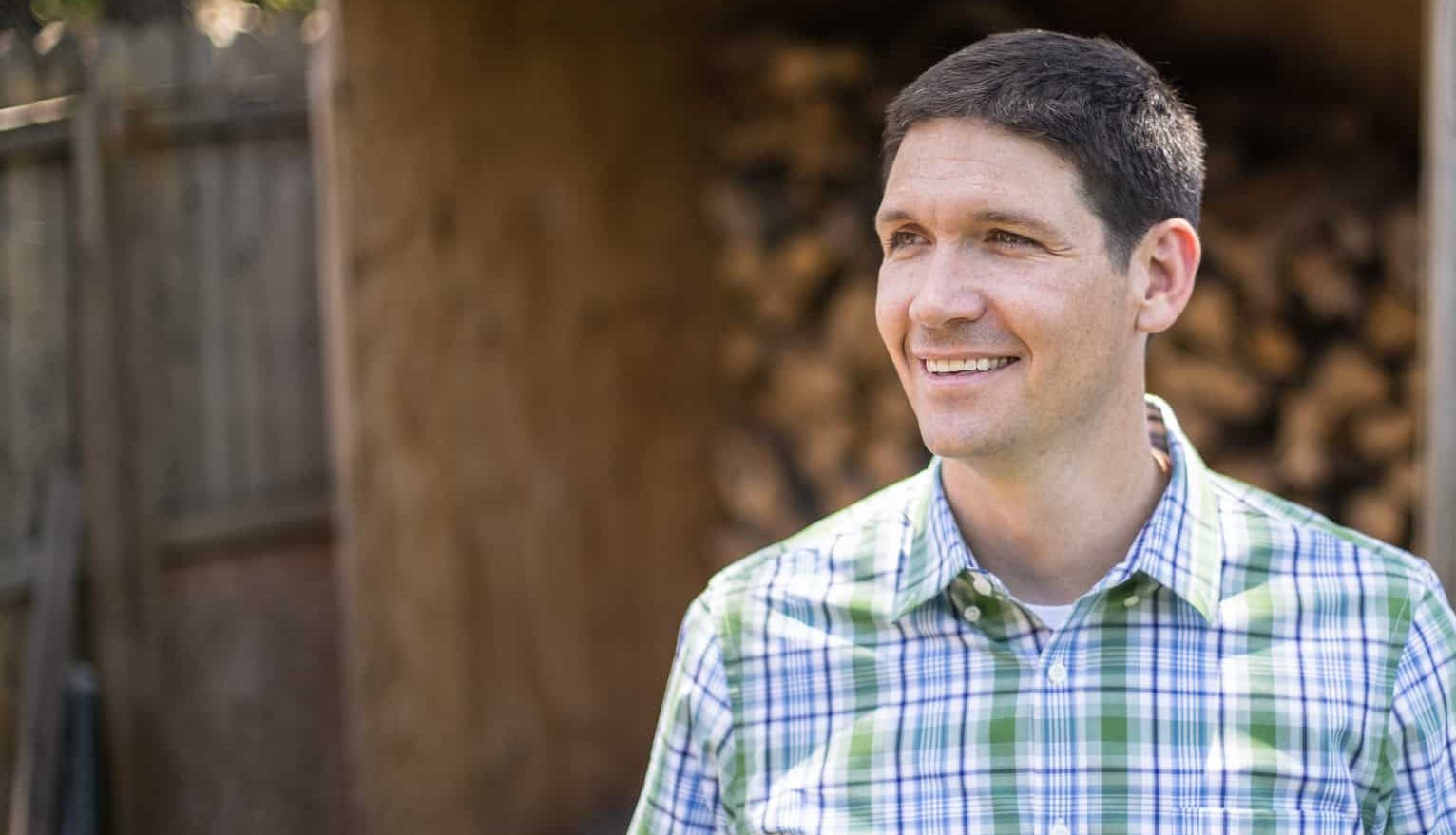Are you afraid of kindness? We all are, in some way. Kindness isn’t always as simple as giving your spouse flowers or holding the door open for someone at the store. So how should we be kind to one another? Where do we start? And how do we show kindness in a Christ-like way?
Matt Chandler, pastor of Village Church and renowned speaker, acknowledges that the world makes it hard for people, especially Christians, to be kind. He said in a video titled, “It Takes Courage to Be Kind,” that “… it’s requiring Christians to be really courageous when they show empathy and compassion and patience towards those in the world around us.”
Courage, or empathy, isn’t often the word we pair with kindness. Kindness often seems like a fluffy, ethereal thing we throw around when a person is nice to us or when we help them. It’s a label we throw on our everyday activities. But how do we make it more than a label? How do we make it an action? That’s what takes courage, the kind of courage and empathy Matt Chandler encourages us to find.
Kindness, in fact, isn’t always tied up with a neat bow, and it isn’t always finished after we’ve completed a small action. Kindness, first of all, is a “fruit of the Spirit,” according to Galatians 5:22 which lists them as “love, joy, peace, forbearance, kindness, goodness, faithfulness.” Kindness requires us to take steps toward the Holy Spirit’s guidance, steps that may lead us into messy situations or things we wanted to avoid despite it ultimately being for God’s glory.
Matt talks about this messiness in his video, saying that people are just waiting with cruel words and what he calls “hostility” to punish those who show kindness.
But that doesn’t mean kindness isn’t worth it. Matt challenges us through his discipleship to do more with our kindness:
“And I want to just encourage you to take the risk of being misunderstood and maybe even slandered in order to show compassion and kindness, to practice empathy, and to be loving towards those, especially those, who are on the margins or who would be outsiders.”
It’s hard, and as Matt says:
“You really have to step out, trusting that God’s going to strengthen you and support you….”
To show God’s goodness to our friends and family might seem easy, and we might have the tendency to think that’s enough. If we serve our best friends, our family members, to the best of our abilities, does that fulfill the definition of kindness that Jesus puts forth?
Of course, kindness should be something we carry with us and offer to those closest to us. This gives us a chance to practice stepping out in our Christian faith, to see how we can carry it with us everywhere. Kindness should be something we always have with us that we use all the time. Sort of like our keys or our shoes. We use them all the time without even thinking about it, but we can’t move around in our world without them.
Like those things, we can’t move around in life without kindness. Kindness is vital to being a Christian and to acting in love to our neighbors.
Matt gives us some good advice on how to visualize this. He suggests in a sermon titled “Love of Neighbor” that we take this kindness “from the neighborhoods to the nation.” This means first that we practice that kindness to those in our immediate circles. Our friends, our family members.
Then, we can pray that God will show us where to take our kindness next.
Jesus tells us to “love our neighbor as ourselves,” and Matt Chandler spoke on this in his sermon. In it, he tried to answer two questions: “Who’s my neighbor, and what does it look like to love my neighbor like I love myself?”
The first question shows us that our kindness should spread to many people. Matt says:
“Being a neighbor means showing mercy to those in need, not ignoring needs, not punting them to someone else.”
He said we should show this kindness to “those in need in front of us.”
So, there’s two parts to the definition of neighbor, according to Matt. Our neighbor is someone “in need” but also someone who is “in front of us.”
One of the hardest parts of being kind is taking our kindness to new people or, as Matt describes:
“someone who maybe theologically believes something different or maybe who’s living a lifestyle that’s outside of God’s clear and revealed will for human beings.”
Being kind might feel like a struggle sometimes, like a tug-of-war with us on one side and the world on the other. We’re pulling and pulling at the rope, but it doesn’t seem to make a difference. But sometimes, the difference isn’t obvious. Sometimes, our kindness results in a psychological change that might not be as easy to see.
For example, in Ephesians 4:32, kindness involves more than just a kind word or small action. It involves vulnerability:
“Be kind and compassionate to one another, forgiving each other, just as in Christ God forgave you.”
This also shows us that kindness is just as much internal as it is external. Forgiveness is often an internal act, but it is one that could also make the most difference in someone’s life.
So, kindness is an action, but it’s also more than an action. It also involves our perspective. When we see someone through the eyes of kindness and the way Jesus does, we see them differently. And that can make just as much impact on our actions as a “act of kindness” would.
Matt Chandler talks about two ways we can “love our neighbor”: “be reflective” and “responsive.”
For Matt, being “reflective” means that “we reflect the grace, mercy, and generosity that we have personally received from God….” We should let that deeply influence how we show kindness.
The second facet of this kindness is being “responsive.” Matt says that this involves taking what we know about our God-given identities and “respond[ing] with the grace, mercy, and generosity from our neighborhoods to the nation.” Matt tells us that “There’s a call to action embedded into being sons and daughters of God.”
This means that we’re called to do more. We’re called to spread our kindness, let it infuse the world, and bring an element of joy into our circumstances.
So, we don’t have to be afraid of kindness. It might start with something small, but like a hot-air balloon rising into the sky, it can take off into the air and go far. It’s meant to be more than an action, but it can start with an action.
If you would like to work toward cultivating kindness today, join Faith Radio in our Kindness Always movement!
This article was written by Maggie Noble, from the University of Northwestern – St. Paul.



